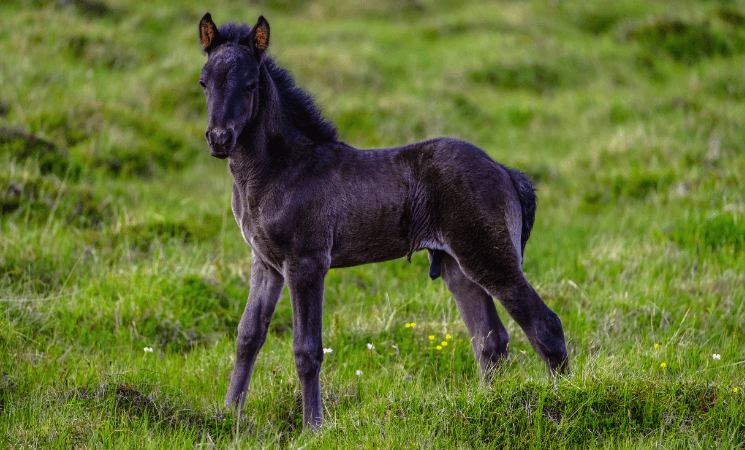Thursday 16th July, 2020
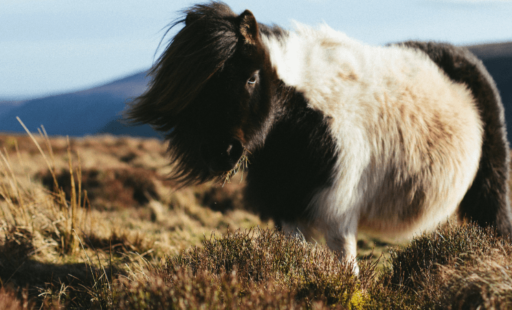
Pregnancy is often thought of as a fragile state to be in, where extra care needs to be taken at every turn. Horses are pregnant for nearly a year though, which is a long time to be taking extreme measures to care for your mare.
As a caring owner, it’s natural to have questions about taking care of your expectant mare. The good news is that actually your mare only really needs a little extra TLC, so you can relax a little. Good management of your mare – from food to medical care to exercise – is easy and within your ability as a horse owner.
Here are five tips for managing and caring for your pregnant mare so you can simplify the process and look forward to the birth of the new foal with confidence.
Each horse is different, but there’s usually no need to increase your horse’s daily calorie intake until the last 3/4 months of pregnancy. The common phrase “eating for two” won’t work for your mare for the first 8 or 9 months, and you’ll actually instead just be overfeeding.
Overfeeding doesn’t sound like a huge issue, but it can result in an overweight horse and a heavier foal. Carrying the extra weight can lead to laminitis, or cause fat deposits in the pelvis which narrow the birth canal and make foaling very difficult for your mare.
The best thing to do is to continue providing high quality forage and hay. Concentrated feed like grains can be added if needed. Your horse should also have unlimited access to fresh water – either from a running stream or from the tap.
If you’re not sure about how much you need to feed your horse, or you’re concerned that your horse is over/underweight, your vet can guide you through. Many vets will also help you customise a food plan for your horse.
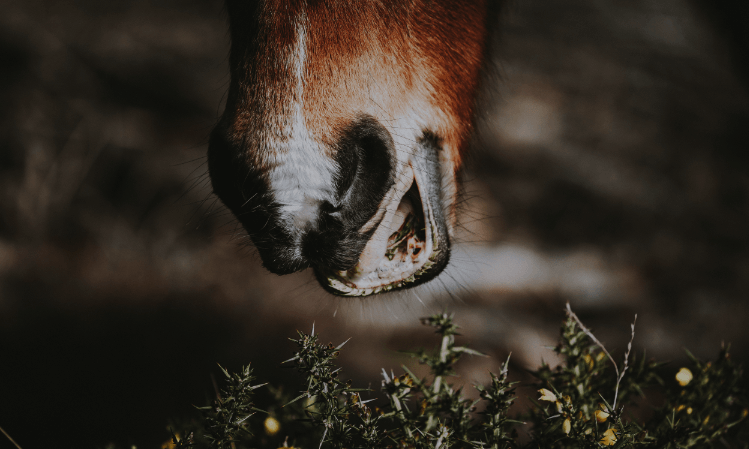
Over-cautious owners may be tempted to spoil their pregnant mare by keeping her safe in her stall. This isn’t ideal for the horse. Your horse will want to get plenty of sun and fresh air and exercise. An open field with a mobile shelter is best, but timber stables or internal stables are still a great option as long as your horse still spends most of their time outdoors.
In the last few weeks of the pregnancy, your mare will instinctively keep away from the herd. She won’t want to play or fight and will be afraid of being kicked. It will help to keep her stress levels down to paddock her separately, either with another pregnant mare or with a friendly companion. Your mare and her foal will be able to rejoin the group when the foal is about a week old.
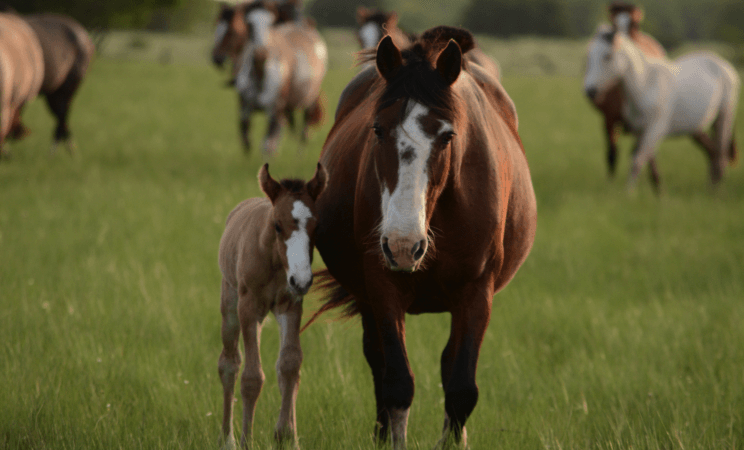
Unless you’ve been advised differently by your vet due to special circumstances, your mare can exercise normally for the first 7 months of pregnancy. This means moderate riding and exercise is fine, although it’s understandable to want to shy away from working the mare hard.
During the last 4 months of pregnancy, a pastured mare will get the exercise she needs from grazing. She won’t need vigorous exercise or hard work. Riding is also not recommended.
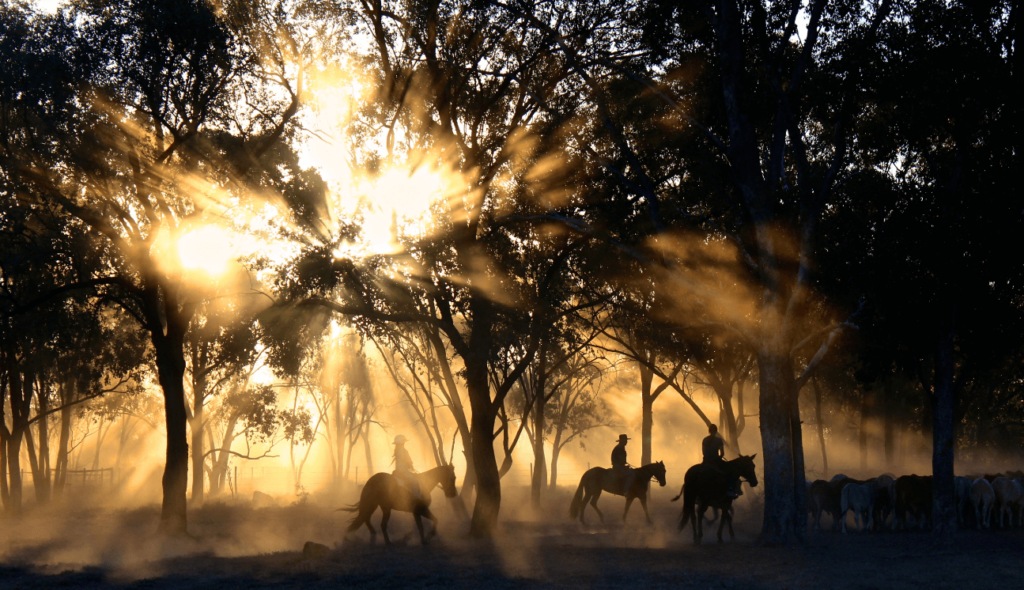
Your mare’s medical needs won’t change just because she’s pregnant. She’ll benefit from routine hoof and dental care, and you should make sure her vaccines are current.
It’s also important to stick to a deworming schedule, especially in the last several weeks of the pregnancy. An infected mare can infect her foal with parasites, so it’s vital to stay up to date. Many deworming agents available are safe for pregnant mares, but talk to your vet to be safe. You should also talk with your vet about vaccinations and the schedule for deworming during pregnancy.
Your mare doesn’t need hormones, vitamins, or other supplements unless she is deficient in something or unwell. If needed, these should be prescribed by your vet.
The biggest tip of all is to stay in communication with your vet. If you’re worried about your mare at any step of the way, your vet will be able to advise you. They’re likely to have heard it all before. They’ll know what to do to keep your mare and the foal safe.
